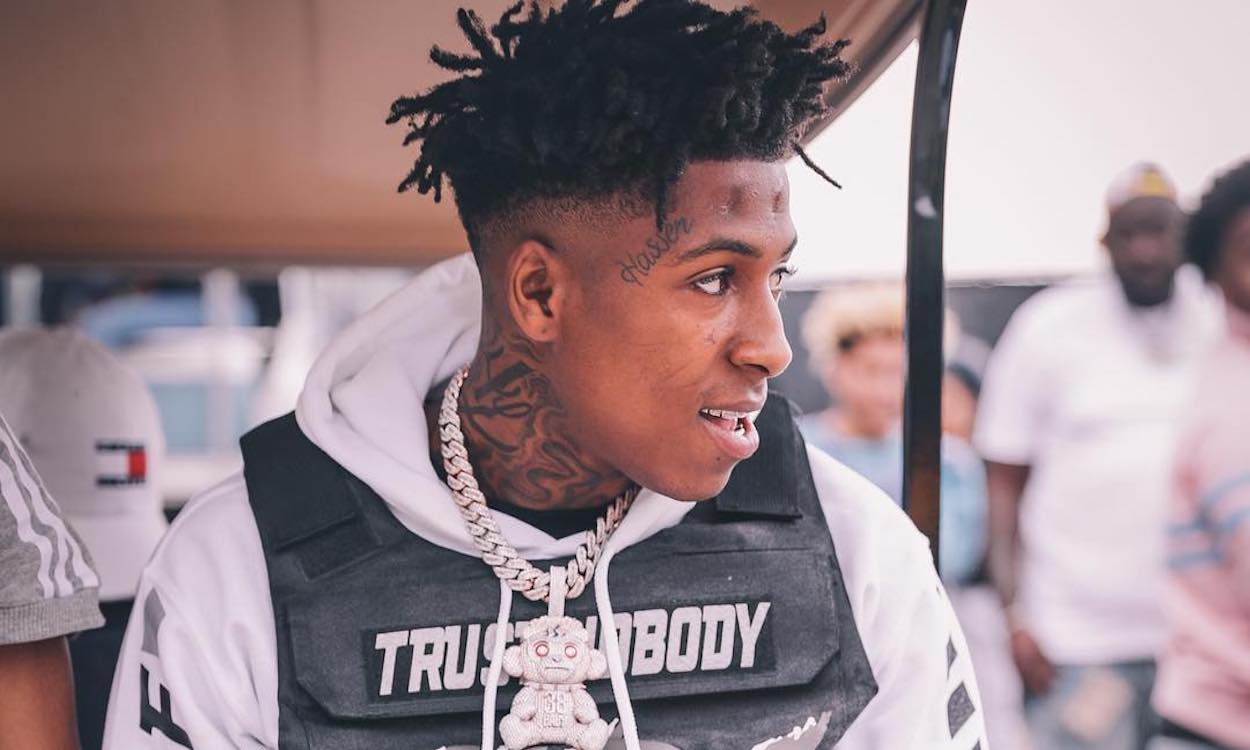Tyrrell Hatton still remembers the shot. He’s about five or six years old, playing in the Wycombe Heights Junior Masters. He’s up against a much older boy, and it’s gone to a three-hole play-off. About 100 yards to the pin. “I remember hitting a punch 8-iron,” he says. “I remember the shot, and I remember how close it went. Not even 18 inches to the hole. And I ended up winning the tournament.”

And thus begins the story of British golf’s newest and most exciting young talent. They fitted little Tyrrell out with a little green jacket. It was his first title, and he quickly developed a taste for them. Now, two decades on, he gets a text from his manager every Monday with his new world ranking. It currently stands at No17, after a dreamy autumn in which he has won two titles on the bounce and put himself in pole position to qualify for next year’s Ryder Cup.
A Lamborghini is now parked in the driveway of the modest semi-detached house in Marlow where he grew up. Making a success of professional golf has changed the life of Hatton and his family, and yet he admits he can still walk down the street without a soul recognizing him. He might find it a touch more difficult this time next year. With his scintillating short game and exuberant on-course celebrations, Hatton is pure box office, golf’s best-kept secret, perhaps even the future of golf in this country.
And yet, his rise has not delighted everyone. Golf’s occasional and curious tendency to declare itself not simply a sport but a sort of moral arbiter has seen Hatton’s on-course demeanor attract more than its fair share of criticism. Former European Tour pro Gary Evans recently tweeted that Hatton needed to “grow up” and that his “on-course winging and body language is a disgrace”.
 Free Chrome New Tab Extensions Chrome New Tab serves free extensions for the Google Chrome web browser. Customize your browser's new tab page and display different wallpapers each run.
Free Chrome New Tab Extensions Chrome New Tab serves free extensions for the Google Chrome web browser. Customize your browser's new tab page and display different wallpapers each run.



